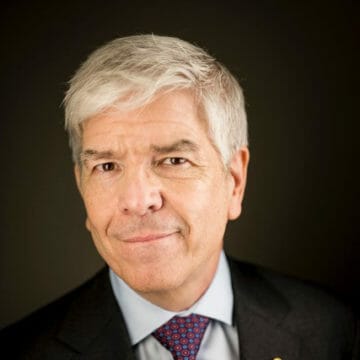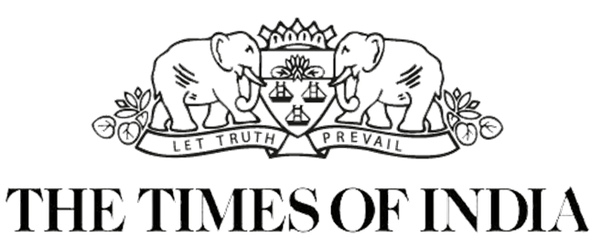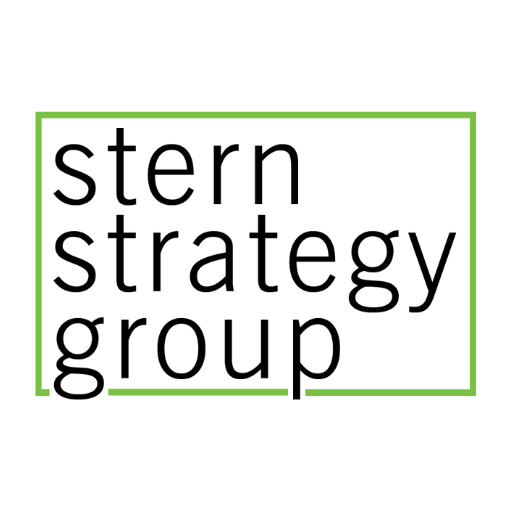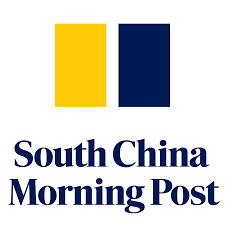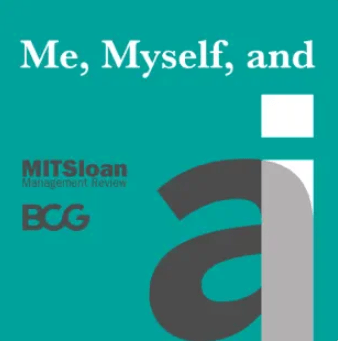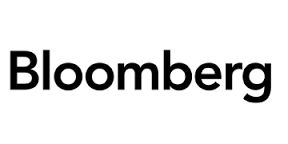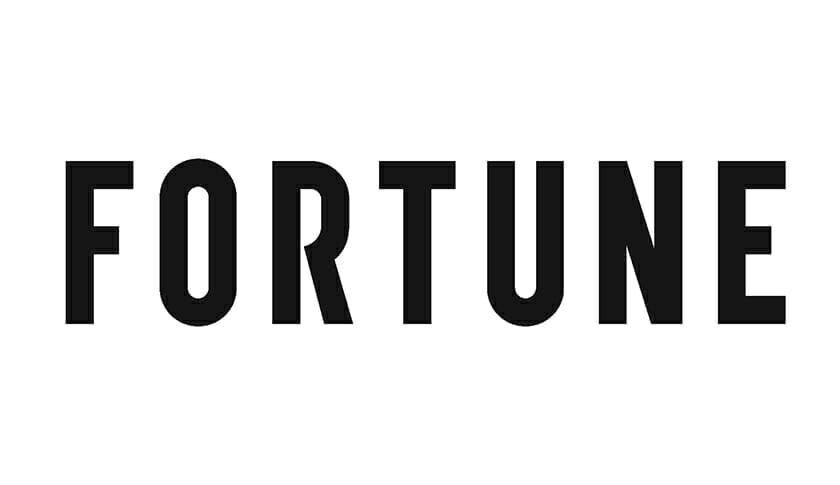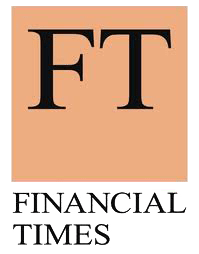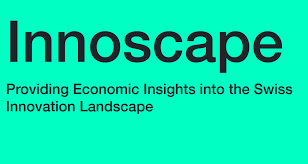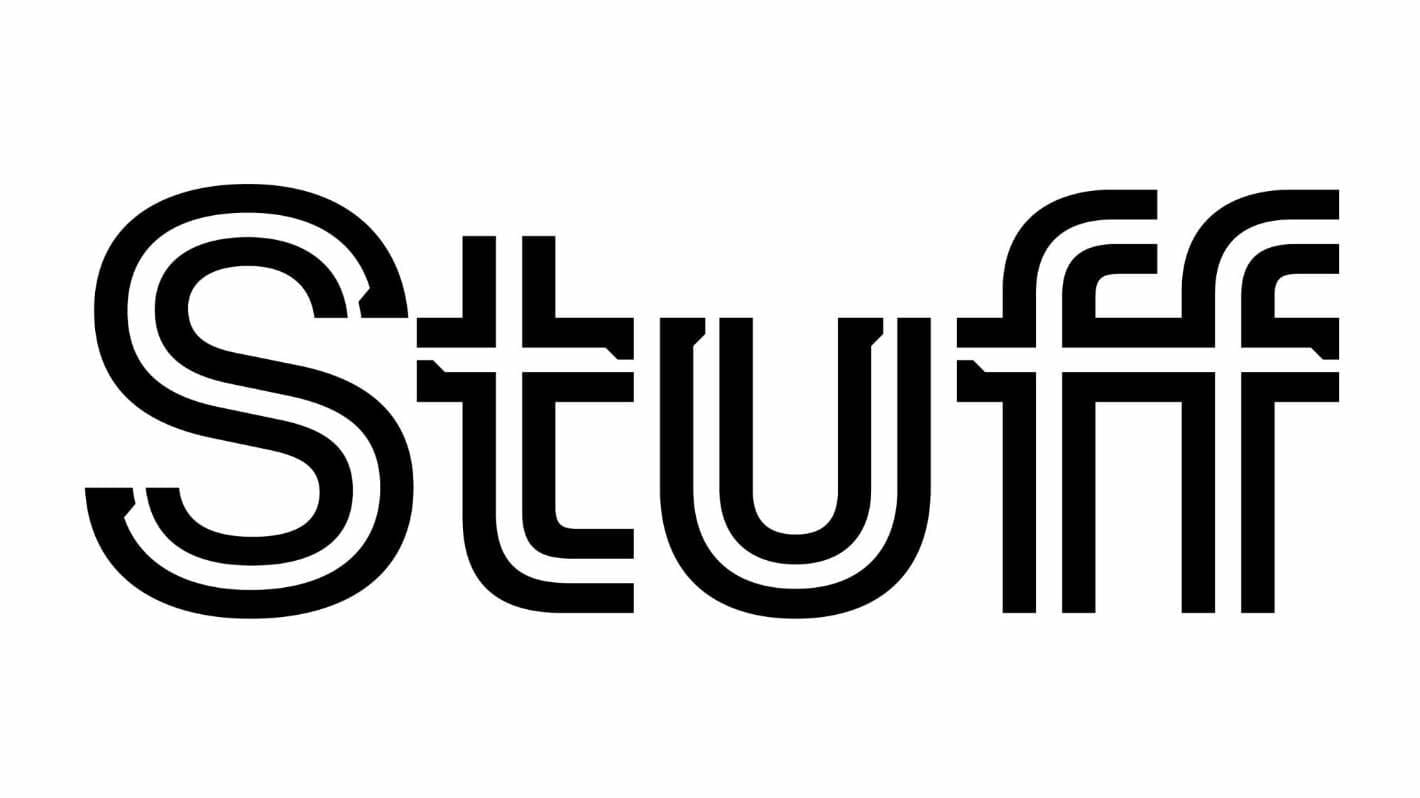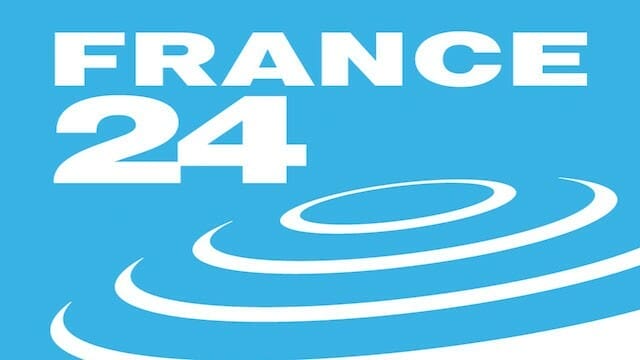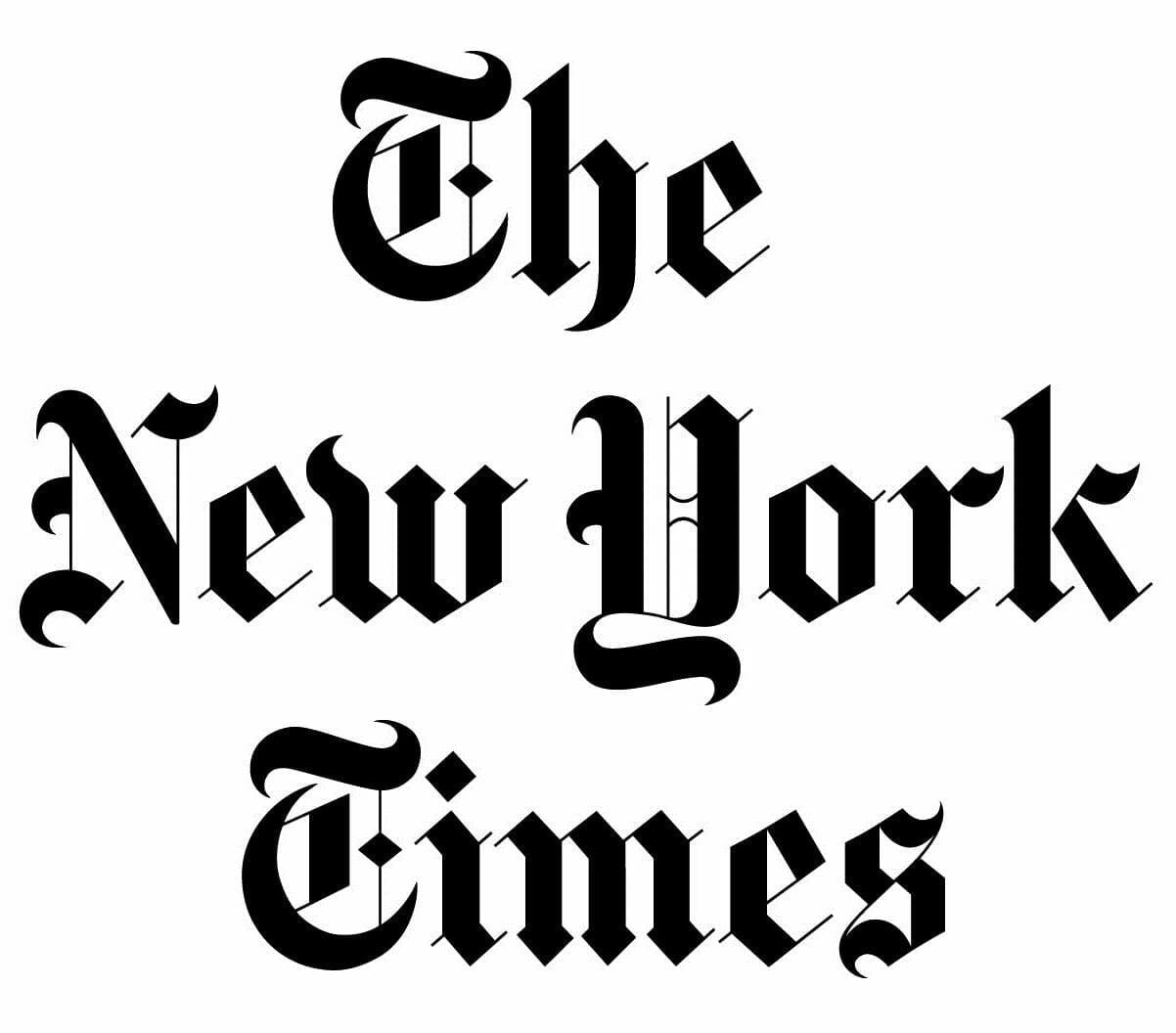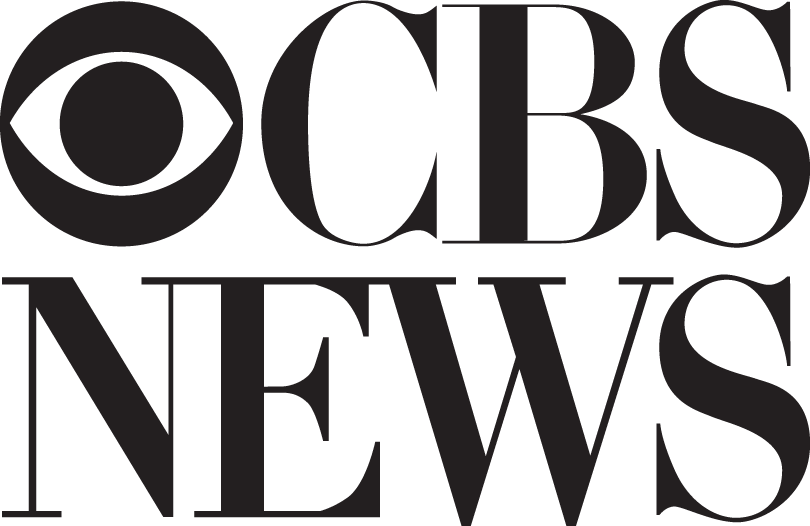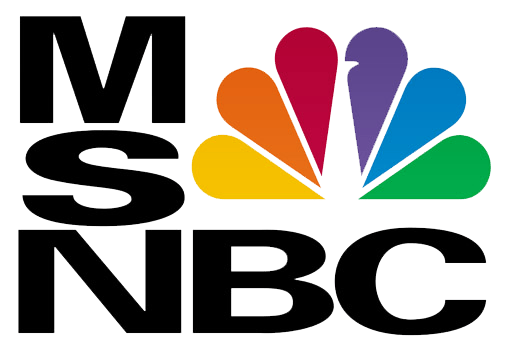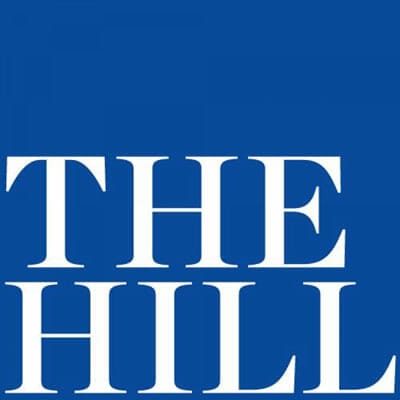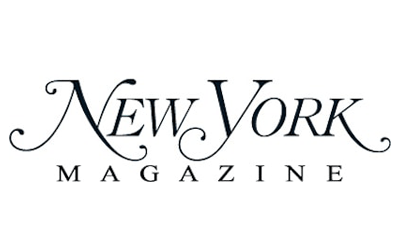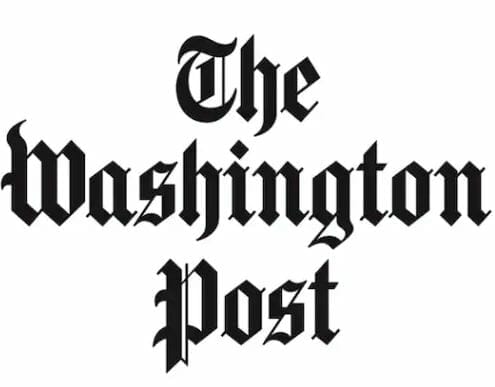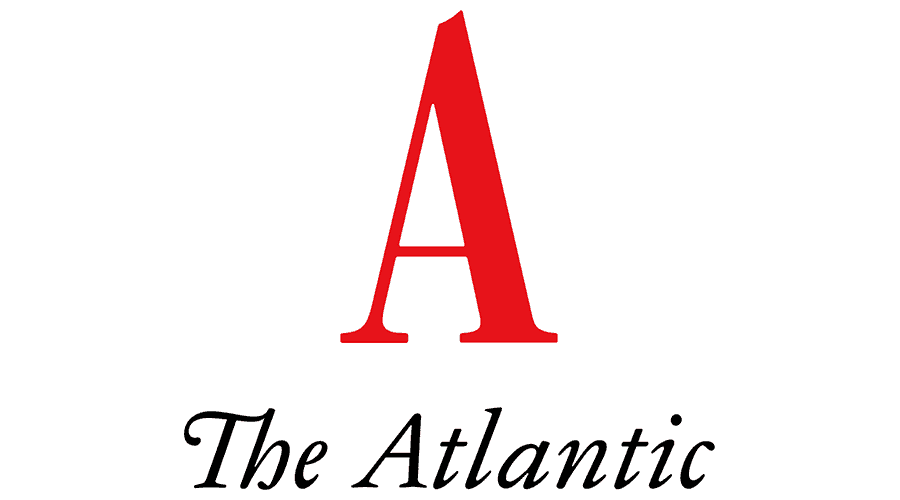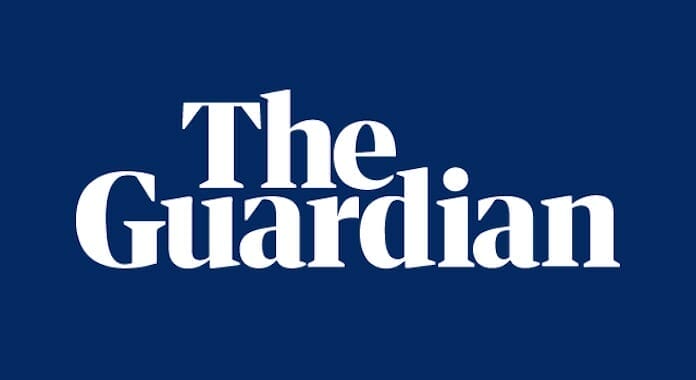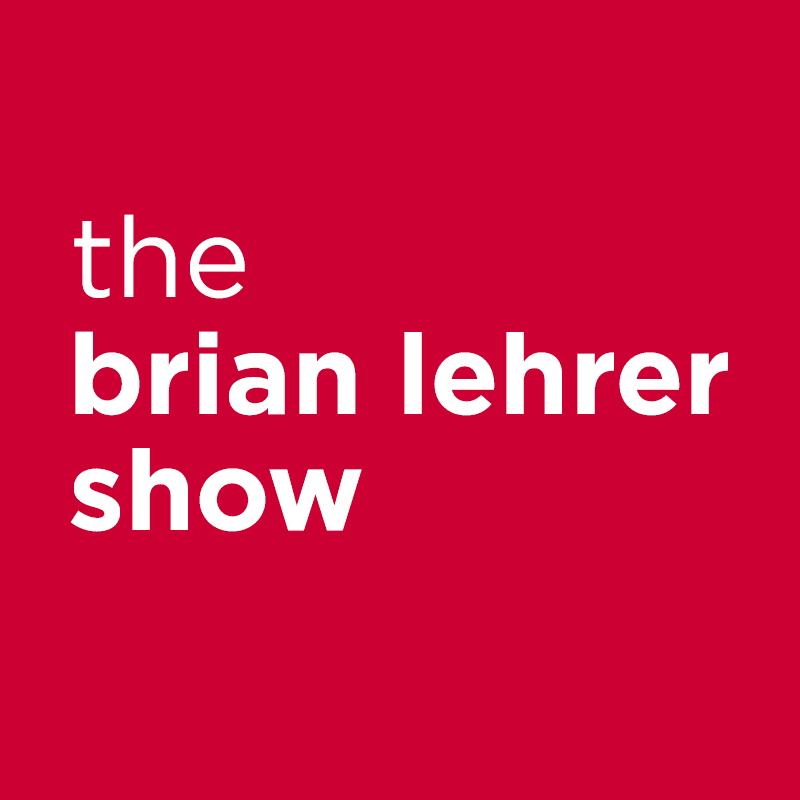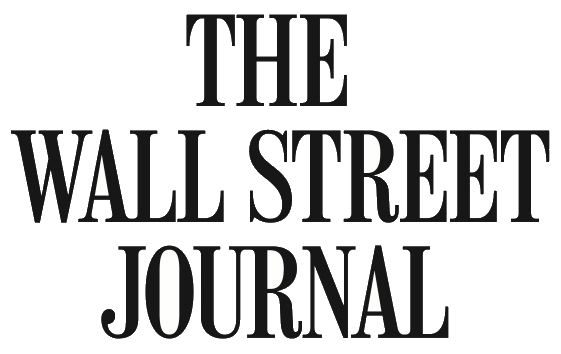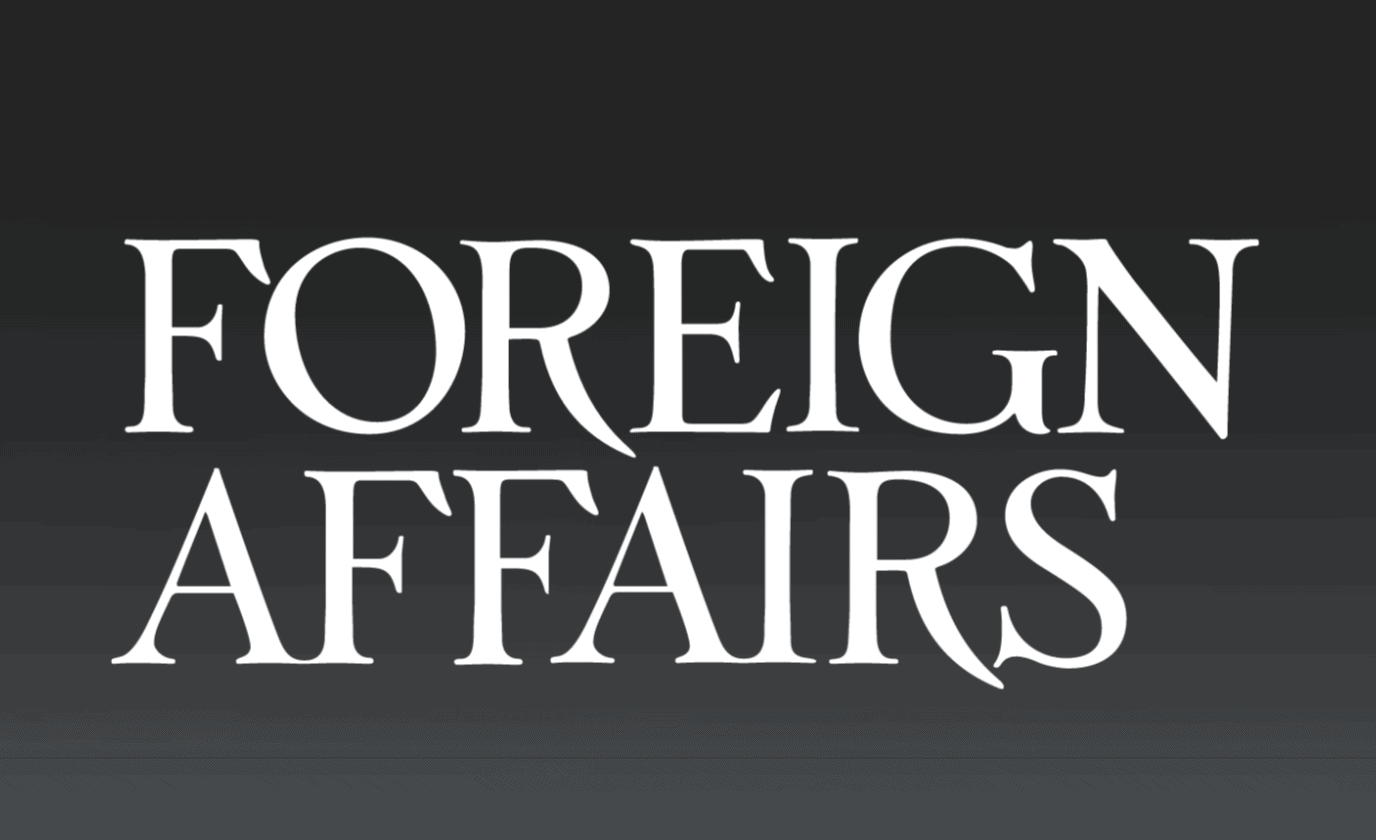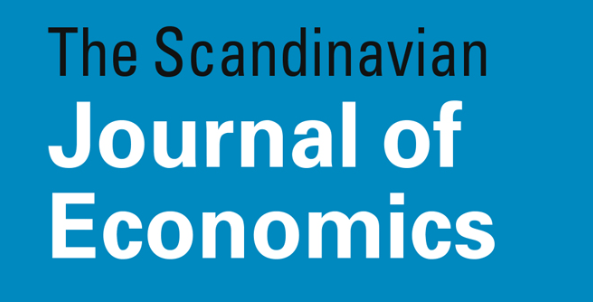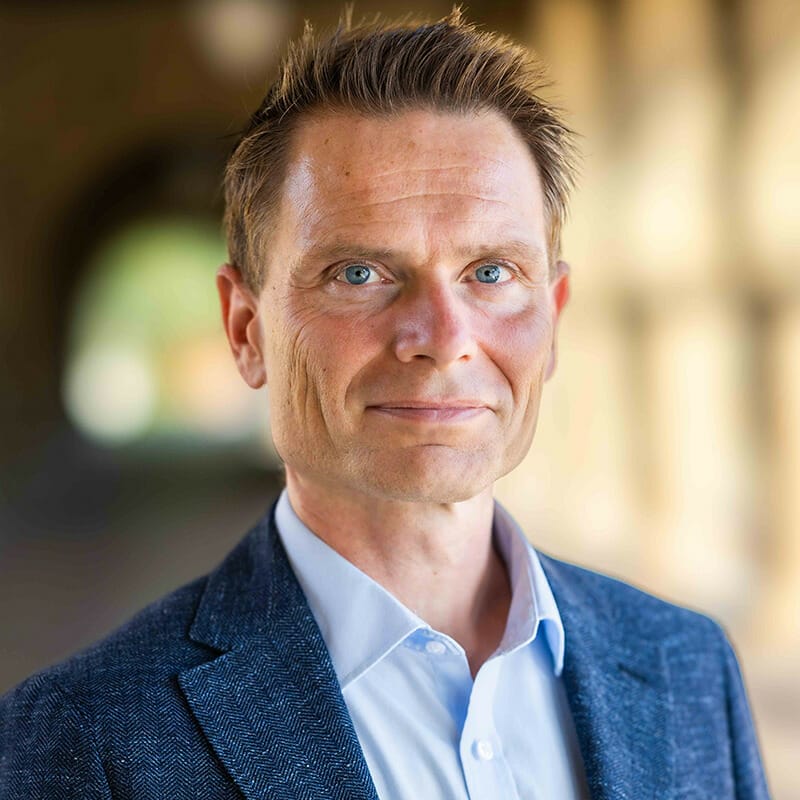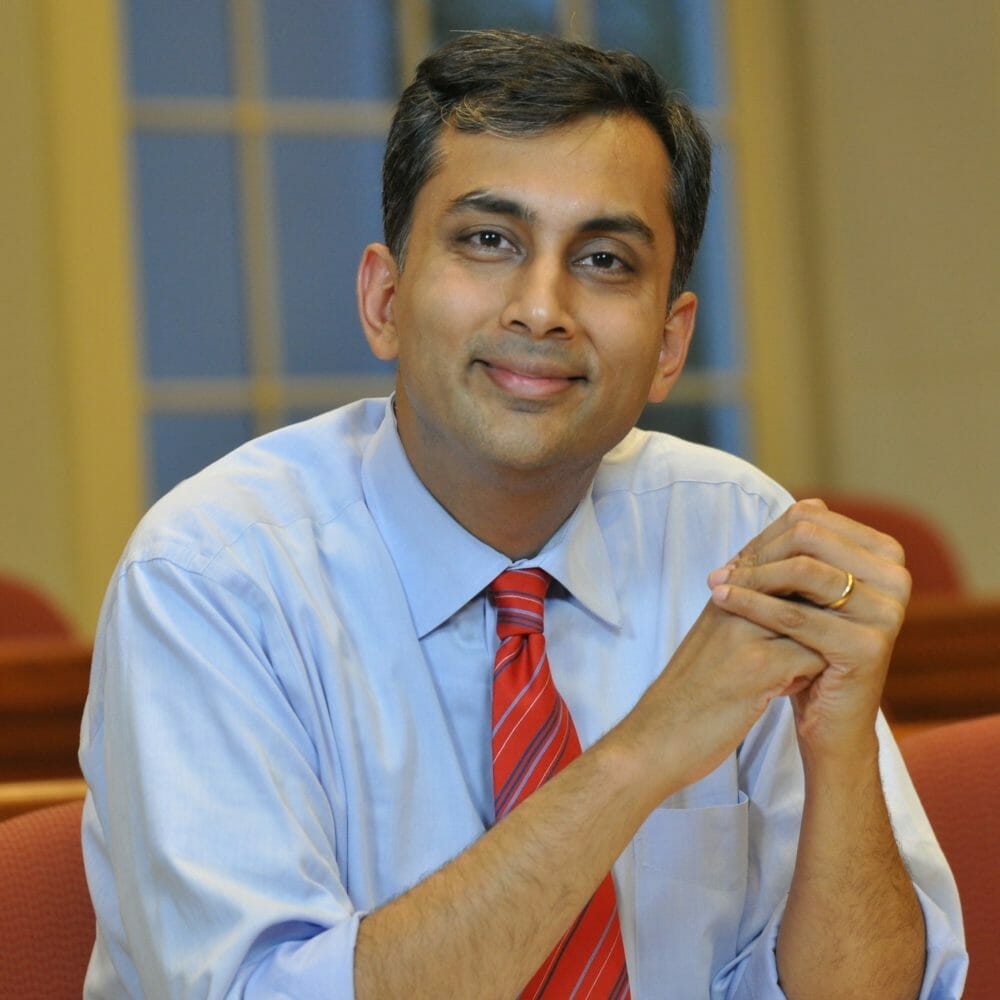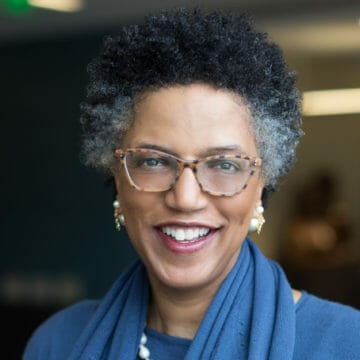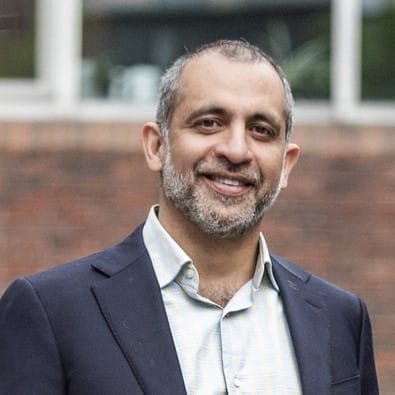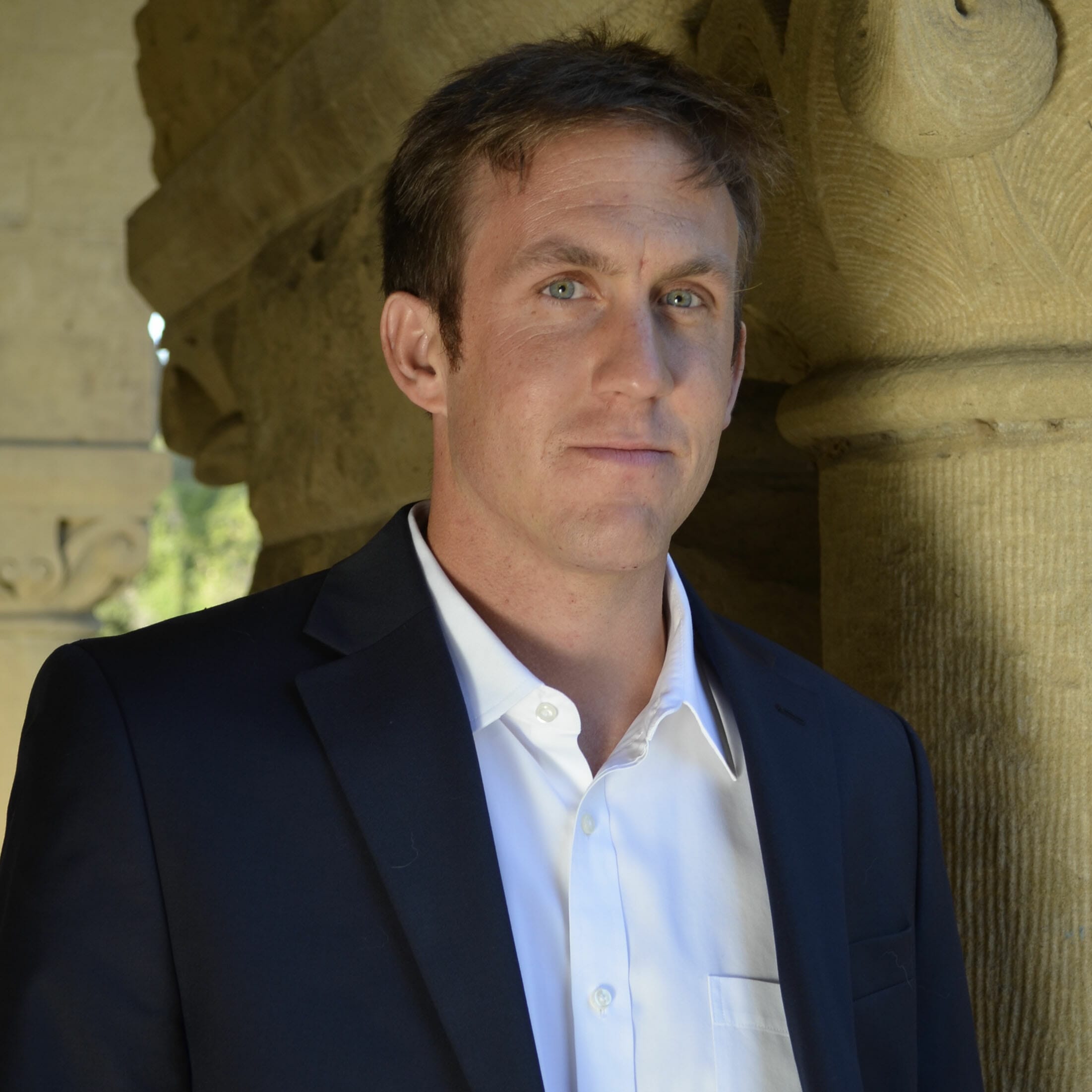Videos
Learn More About Paul Romer
In the current climate of economic upheaval, organizations are finding a much needed sense of direction and optimism in Nobel Laureate economist Paul Romer’s practical and instructive advice. His surprising message? The future is not as bleak as it seems.
Romer, who began a new role as the Seidner University Professor and leader of the Center for the Economics of Ideas in the Carroll School of Management at Boston College in Fall 2023, pioneered the endogenous growth theory. A former Chief Economist and Senior Vice President of the World Bank and self-proclaimed policy entrepreneur, he advises business and government leaders in sectors across the world on ways to leverage technology and innovation to drive long-term growth. His steadfast belief in a stronger economic future remains firmly rooted in the promise of existing and emerging technological advances that will equitably serve the interests of businesses, countries and communities.
Romer says governments can increase the rate of growth — in ways that benefit all citizens — by creating systems of rules that encourage and respond to new technologies.
“For a developing country, the most important rules are those that determine the rate of technology transfer from the rest of the world,” says Romer. “For an advanced economy, the most important rules may be the ones that influence the rate of technological innovation in the private sector.”
A Senior Fellow at the Marron Institute of Urban Management and a leading advocate for charter cities — special reform zones where governments can apply innovative systems of rules that can differ markedly from those in the surrounding area – Romer says the most important rules are those that shape cities. The New Growth Theory he and his colleagues developed outlines a new way to think about wealth creation that gives government leaders more options for improving governance, investors more opportunities to finance socially beneficial infrastructure projects, and people more opportunities to improve the quality of their lives.
In its 2019 review of Romer’s Nobel Prize-winning theory, the Scandinavian Journal of Economics said his work “rejuvenated the field” by placing the search for new ideas by profit-maximizing entrepreneurs and researchers at the heart of economic growth. The article went on to praise the underlying premise of his theory: that nonrivalry of ideas is ultimately responsible for the rise in living standards over time.
Globalization, Foreign Trade and Keeping America Competitive
Even as frictions related to globalization threaten foreign trade and America’s ability to compete, Romer remains remarkably optimistic on this front as well. Drawing on his Nobel Prize-winning research on technological innovation, he makes a compelling case for why the best is yet to come, and how the trends that have enabled the current challenges can be harnessed to create future opportunities.
“It really is [about] the global macroeconomics of the tension between the restraining force of scarce resources and the positive force that can come from discovery and innovation,” he remarked during his Nobel Prize acceptance speech. “It’s the balance of these two that will determine our fate.”
# # #
Nobel Prize Laureate Paul Romer is a globally recognized leader in his field. Named one of America’s 25 most influential people by TIME magazine, Romer is the leading speaker on the connection between regulation, innovation and growth. A former NYU professor, he founded the school’s Urbanization Project and serves on the board of trustees for the Carnegie Endowment for the Advancement of Teaching. He is also a member of the board of directors for Community Solutions, a national not-for-profit organization dedicated to strengthening communities and ending homelessness. As an entrepreneur, he and his team at Aplia pioneered the connection between online tools and higher education.
Paul Romer is available to advise your organization via virtual and in-person consulting meetings, interactive workshops and customized keynotes through the exclusive representation of Stern Speakers & Advisors, a division of Stern Strategy Group®.
Don’t Fall for the AI Hype
Promoters claim that AI is so powerful that it is close to being sentient. The reaction by Paul Romer, a Nobel Laureate in Economics who has been following the tech sector for four decades, is that close only counts in horseshoes and hand grenades. Since he clarified the fundamental difference between the dismal economics of scarce objects and the much more optimistic economics of ideas, he has seen wave after wave in which the tech sector uses this insight as an excuse to over-promise and under-deliver. His reaction to the new AI wave that took over after the collapse of the cryptocurrency wave, is that all the hype is based on a very dubious achievement: large language models (LLMs) can make up claims that have zero basis in fact, but which sound so convincing that many people believe them. As he notes in this clip, there are use cases where AI can generate real value – he cites the example of autonomous tractors that follow a leader piloted by a farmer – but the tech sector has failed to deliver on its grandiose promise that we’d soon have fully autonomous automobiles. Progress came rapidly in the beginning, and we’ve been close to having them for years now. He predicts that this is the pattern we’ll see over and over again, rapid progress that brings us close to the promised outcome. But close doesn’t count when lives are at stake.
The Lesson from Crisis: Progress Requires a Government That is Narrow But Strong
In this presentation, Nobel Prize recipient Professor Paul Romer reviews the laissez-faire school of economic thought, which since the 1960s has extolled the benefits of a free market and cast government as an impediment to those benefits. He shows how, in the relative calm of the 1980s to the early 2000s, this mindset led to the erosion of the government’s capacity to prevent and manage crises. He then offers advice on how to respond to the far-ranging turbulence and frustration which, stirred by the 2008 financial crisis and intensified by the Covid-19 pandemic, have bred support for authoritarian politicians who promise a government that can get things done. As Romer demonstrates, the lesson from history is that neither laissez-faire nor authoritarian technocracy can sustain long-run progress. In the decades to come as in the past, he argues, success and growth will belong to those nations that best meet one fundamental challenge: maintaining a democratically accountable government that is restricted in scope but strong, effective, and efficient in doing its job.
How Leaders Can Fuel Growth in a World with Finite Resources
The most important insight from economics is that progress is a race to discover new ideas that free us from the constraints imposed by scarce resources. For the last 10,000 years, new ideas have been winning the race and humans have made dramatic progress. Nobel Prize recipient Professor Paul Romer says resources are like the ingredients in cooking, ideas are the recipes and progress is the result of millions of small ideas discovered by people working all over the world, some in research, others in the workplace. In this keynote, Professor Romer will discuss the important role leaders and educators can play as guardians and defenders of innovation and experimentation. He’ll explain why it is important to stay open to new ideas from people of all ages and backgrounds, and to be willing to boldly implement ideas that may be outside their comfort zones. If a nation has a market system that encourages an ongoing process of discovery, says Romer, it will make progress that raises the quality of life for everyone.
How Did We Get Here? Living, Innovating and Governing in a Globalized World
Why is populism rising? Why are we facing a new era of trade friction? How can countries cooperate in the face of intense nationalism? In this presentation, Professor Paul Romer draws on his work as a leading global economist – including his research on technological innovation that earned him his Nobel Prize – to address the most important macro trends and challenges facing globally minded leaders today. By showing how trends that enabled the current challenges can be harnessed to create future opportunities and improve the lives of citizens, Romer makes a compelling and optimistic case for why the best is yet to come.
Ensuring America Stays Competitive
In an era of growing divisions, mistrust and inflammatory rhetoric, Nobel Prize recipient Professor Paul Romer rises above politics, offering his macro perspective on what the U.S. can and should do to compete with other nations, recognizing that the most successful outcomes can be beneficial for all parties. Focusing on opportunities for growth and innovation across the country, he addresses how updating our thinking on competition can unlock new progress in everything from innovation and business to economic development and education; how redefining our nation’s relationships with innovators and scientists is critical to solving big problems; and how we can leverage the things we can all agree on to continue the grand experiment that is America – regardless of the challenges posed from outside or within.
Cities: Humanity’s Best Hope for Progress
Supreme Court Justice Louis Brandeis once said that states are the laboratories of democracy. In this presentation, Nobel Prize recipient Professor Paul Romer lays out his case for why cities are the laboratories of progress in an era of rapid urbanization. He focuses on how cities can attract new residents, how city-scale real estate development can redefine what’s possible for the future of humanity, and what can be done now to unlock untold progress in the hundreds of soon-to-be mega cities that are rapidly emerging. This speech will address key areas of progress cities are uniquely poised to unlock, including timely issues like migration, technological innovation and identity.
The Deep Structure of Economic Growth
The temporary recessions of the global economy seem to be inevitable, but unlimited growth is possible in a world with finite resources. In this compelling presentation, Nobel Prize recipient Professor Paul Romer discusses the current state of the global economy, what has led us to the status quo and how the United States and the rest of world can select a path of economic growth long into the future. He also explains how both domestic and international markets and policy shape the economy.
The Path to Prominence: China and U.S. Relations Yesterday, Today and Tomorrow
China and the United States will share the world stage for generations to come. China’s path to progress and growth in the 20th century was a remarkable turnaround and the current era’s trade frictions are a sign of deeper misunderstandings in this relationship. In this keynote, Nobel Prize recipient Professor Paul Romer highlights the innovations that enabled China’s return to global prominence and explains how these two superpowers can shape their interactions and leverage their competition in ways that benefit everyone involved.
Fair Value? Fixing the Data Economy
December 3, 2020
When Can the US Re-Open? (Video)
April 13, 2020
Stop COVID or Save the Economy? We Can Do Both
April 8, 2020
